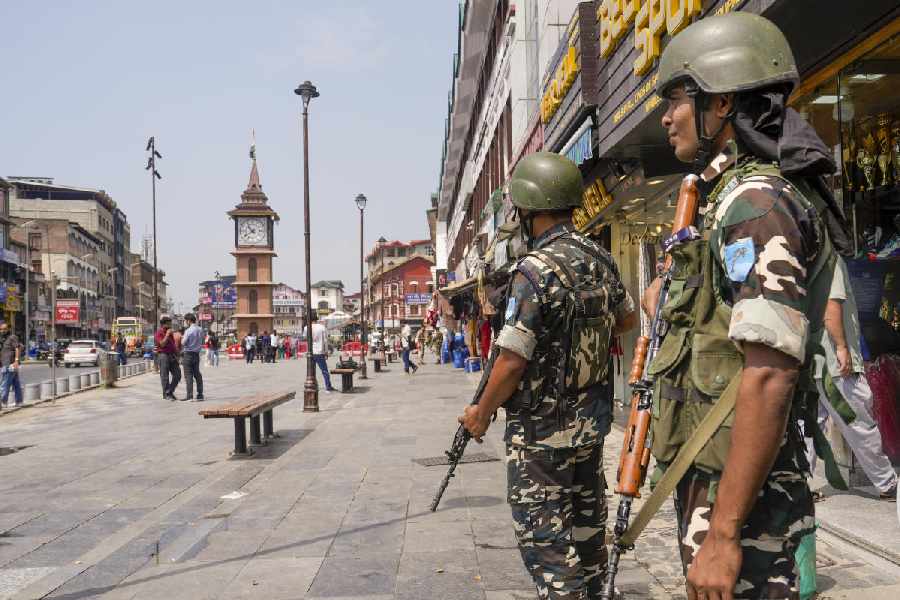The Jammu and Kashmir home department headed by the lieutenant-governor, Manoj Sinha, has signed an order proscribing 25 books that include works by prominent Indian and foreign authors and historians. The ostensible reason cited by Mr Sinha’s administration is that these books allegedly promote “secessionism” and incite violence against the Indian State in that troubled Union territory. The home department order states that these books “need to be declared as ‘forfeited’ in terms of Section 98 of [the] Bharatiya Nagarik Suraksha Sanhita 2023”. This provision empowers the government to seize books or other documents and also issue search warrants for such documents. Among the interdicted books — it must be noted that they are not banned anywhere else in India — are The Kashmir Dispute by A.G. Noorani, Kashmir in Conflict: India, Pakistan and the Unending War by Victoria Schofield, Azadi by Arundhati Roy and Contested Lands by Sumantra Bose. Many of the 25 books document State overreach, question official narratives, and give space to perspectives that the government would rather silence. The stated intent of this proscription, that of deradicalising the local youth, rings hollow too. Can these works be bracketed along the kind of poisoned literature that enemies of the State use to brainwash impressionable minds? These works, apart from attempting to portray the lived reality of the people of Kashmir, offer an important, alternative perspective on the former state’s history and evolutionary arc and realities and are based on historical facts and cogent analyses. The attempt to disrupt public access to these books is another blow in the chain of assaults on dissent in New India.
It is also worth examining the roots of radicalisation in Kashmir. Decades of terrorism, militarisation and broken promises on the part of politicians — Jammu and Kashmir is still awaiting its statehood that was taken away — have led to an ambience of anger and despair. Banning books will not erase the memory of people suffering arbitrary arrests, curfews, enforced disappearances, communication blackouts, among other transgressions. Kashmiris have also borne the brunt of assaults in the rest of India on account of their religious identity. The suppression of a free exchange of ideas that literature facilitates is not only futile but it also adds to the discontent of a populace that already faces curbs in freedoms that are available for their brethren elsewhere. Ironically, such a chokehold could provide fertile ground for disaffection and, in turn, push the youth towards radicalisation, something that Mr Sinha’s administration is attempting to purge with an ill-thought-out policy.










